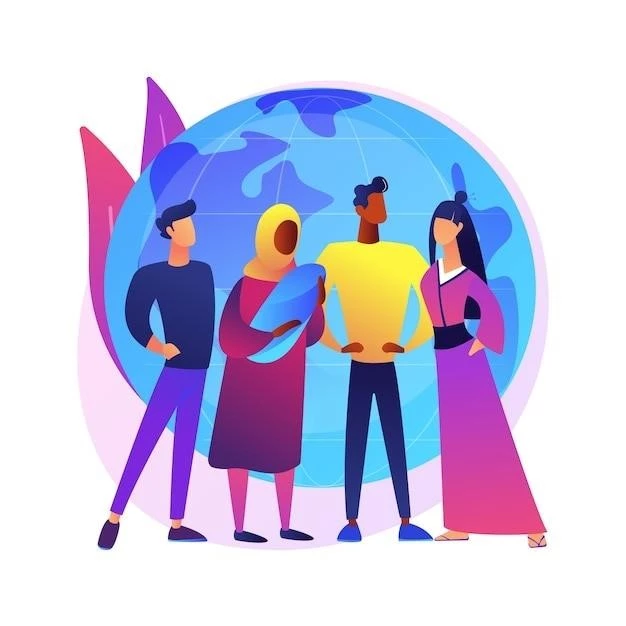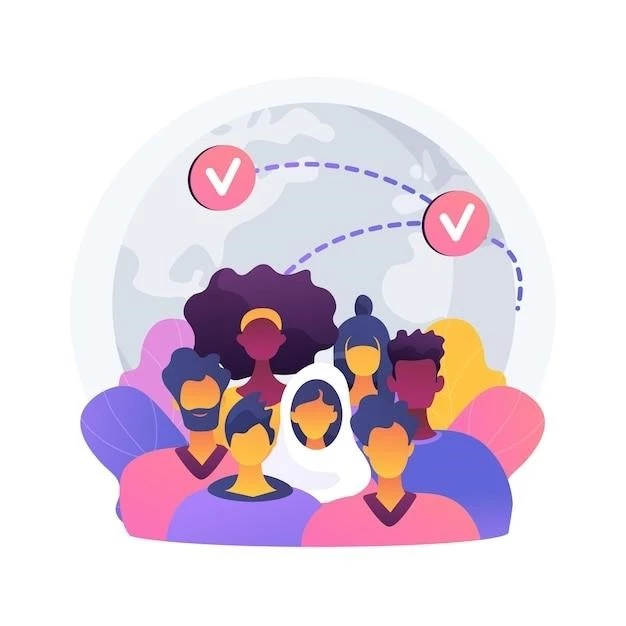Cultural stereotypes and biases are pervasive in our society‚ impacting interactions‚ opportunities‚ and overall well-being. They are generalizations about entire groups of people based on limited information or preconceived notions‚ often leading to prejudice and discrimination. Overcoming these harmful perceptions requires a multifaceted approach that involves self-reflection‚ education‚ and active engagement in promoting diversity and inclusion.

Understanding the Root of the Problem
Stereotypes and biases are rooted in a complex interplay of factors:
- Socialization: We are exposed to cultural messages from a young age‚ often reinforcing stereotypes through media‚ family‚ and peers.
- Cognitive Bias: Our brains tend to simplify information by categorizing people and situations‚ leading to generalizations that may not be accurate.
- Power Dynamics: Stereotypes can be used to justify and maintain existing power structures‚ often benefiting dominant groups at the expense of marginalized communities.
Strategies for Overcoming Stereotypes and Biases
Addressing cultural stereotypes and biases requires a conscious effort to challenge our own assumptions and engage in transformative practices:
1. Self-Reflection and Critical Thinking
- Examine Your Own Beliefs: Reflect on your own implicit biases and how they may influence your perceptions and actions.
- Challenge Your Assumptions: Question your assumptions about different cultures and groups‚ seeking out diverse perspectives and experiences.
- Recognize Your Privilege: Acknowledge the benefits you may receive due to your background and social position‚ understanding how privilege can perpetuate inequality.
2; Education and Exposure
- Learn about Different Cultures: Immerse yourself in diverse literature‚ art‚ music‚ and history to gain a deeper understanding of different cultural perspectives.
- Engage with Diverse Communities: Seek opportunities to interact with people from different backgrounds‚ fostering empathy and building relationships.
- Promote Media Literacy: Be critical of media representations of different cultures‚ recognizing potential biases and stereotypes.
3. Active Engagement
- Advocate for Inclusivity: Speak out against discrimination and prejudice‚ promoting policies and practices that value diversity and inclusion.
- Support Diverse Organizations: Patronize businesses‚ institutions‚ and organizations that promote cultural understanding and equity.
- Challenge Microaggressions: Identify and challenge subtle forms of discrimination‚ creating a more inclusive and respectful environment.

Conclusion
Overcoming cultural stereotypes and biases is an ongoing process that requires ongoing effort and commitment. By engaging in self-reflection‚ seeking out diverse perspectives‚ and actively promoting inclusivity‚ we can contribute to a more just and equitable society. It is essential to recognize that everyone has a role to play in dismantling harmful stereotypes and building a world where everyone feels valued and respected.










